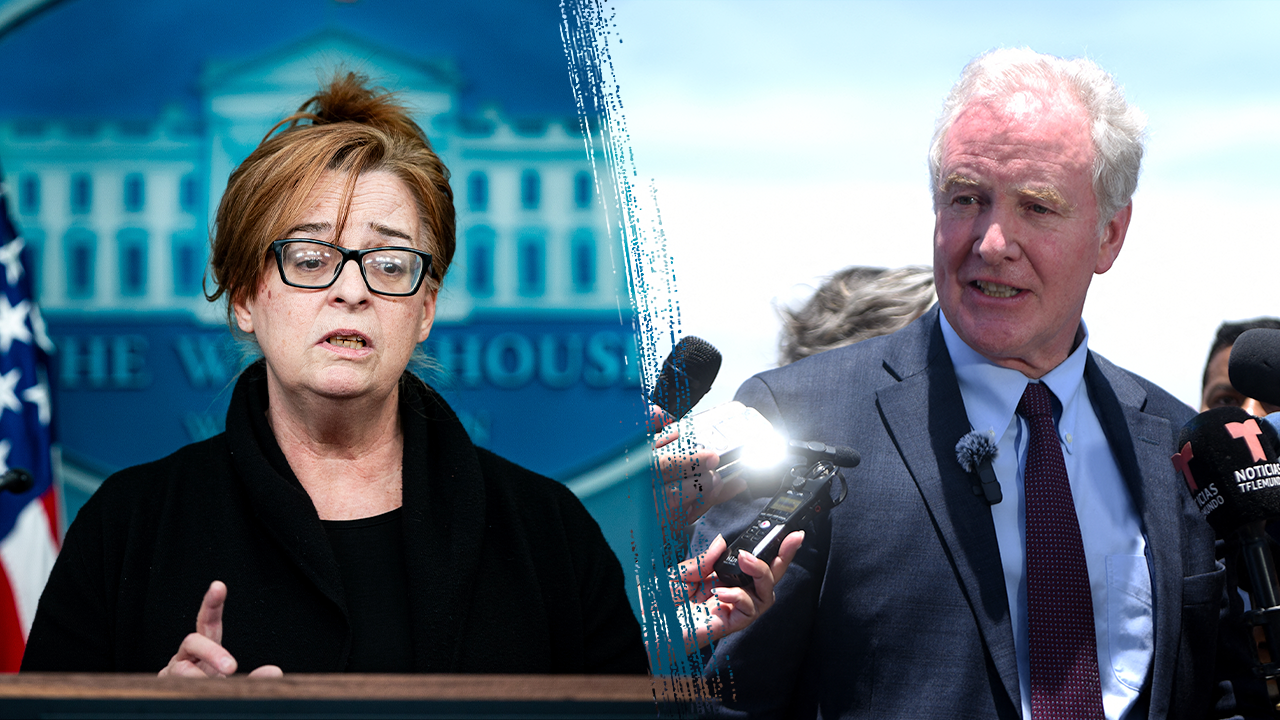In 1945, at the end of World War II, the United States boasted over 10,000 oceangoing U.S.-flagged merchant vessels. Today, that number has dwindled to less than 200, with only 80 engaged in international commerce. Meanwhile, China commands a fleet of over 5,000 merchant ships. This stark contrast underscores a critical issue facing our nation: the decline of U.S. maritime power.
Maritime power is not just about naval might; it encompasses commercial shipping, shipbuilding, and the workforce that supports these industries. It is vital for national security, economic prosperity, and global influence. Yet, over decades, both Republican and Democrat administrations have allowed this crucial sector to atrophy.
Fortunately, there is a growing recognition of this problem, and bipartisan efforts are underway to address it. Leaders like Senator Mark Kelly (D-AZ) and former Congressman Mike Waltz (R-FL), President Trump’s current National Security Advisor, are spearheading initiatives to revitalize U.S. maritime capabilities. Their work, along with that of other lawmakers and the new Trump administration, offers hope for a resurgence in American maritime strength.
The Decline of U.S. Maritime Power
The decline of U.S. maritime power has been a gradual process, influenced by various factors. In the post-World War II era, the U.S. was a dominant force in shipbuilding and maritime trade. However, as manufacturing shifted overseas in the 1970s and 1980s, so did shipbuilding. Countries like Japan and South Korea took over much of the global shipbuilding market. More recently, China has emerged as the world’s leading shipbuilder.
Today, the U.S. has only 20 shipyards capable of building large ships, and most of these are dedicated to constructing Navy vessels. Commercial shipbuilding has suffered significantly, with the U.S. receiving only five new ship orders last year compared to China’s 1,500. This disparity is alarming, especially considering that 80% of global trade relies on ocean shipping.
The consequences of this decline are far-reaching. From a national security perspective, a weakened maritime sector hampers our ability to project power and support military operations. Merchant vessels are crucial for transporting troops, equipment, and supplies during conflicts. Without a robust fleet, our military’s logistical capabilities are compromised.
Economically, the decline in shipbuilding and maritime trade means fewer jobs and a loss of industrial capacity. Shipbuilding is a high-skill industry that can provide well-paying jobs and stimulate local economies. By neglecting this sector, we are missing out on significant economic opportunities.
Moreover, our reliance on foreign-flagged vessels for trade makes us vulnerable to disruptions in global supply chains. As recent events have shown, such disruptions can have severe economic impacts, from shortages of critical goods to increased costs for consumers.
Proposed Solutions and Bipartisan Efforts
Recognizing the urgency of this issue, the Trump administration’s new shipbuilding office in the White House and lawmakers from both parties are coming together to develop solutions. A key component of their strategy is to grow domestic shipbuilding capacity. This involves investing in existing shipyards, building new facilities, and modernizing infrastructure. By doing so, we can increase our ability to construct both military and commercial vessels.
Another critical aspect is revitalizing the U.S.-flagged global fleet. Currently, less than 2% of U.S. trade is carried on U.S.-flagged ships. To address this, policies must be implemented to incentivize the use of U.S.-flagged vessels. This could include tax incentives, subsidies, or regulatory changes that make it more attractive for companies to operate under the U.S. flag.
Evaluating and upgrading critical infrastructure is also essential. This includes ports, waterways, and repair facilities. Ensuring that these assets are modern and efficient will support both commercial and military maritime activities.
Workforce development is another crucial element of bolstering America’s maritime capabilities. The U.S. needs approximately 2,000 more mariners and 10,000 more shipyard workers to meet current and future demands. This requires investment in training programs, vocational education, and outreach to attract new talent to the industry.
Bipartisan efforts are already underway to address these challenges. Senator Mark Kelly, a graduate of the U.S. Merchant Marine Academy, and Waltz, a former Green Beret, have been vocal advocates for strengthening U.S. maritime power. Their collaboration, along with that of other lawmakers like Senator Roger Wicker (R-MS) and Senator Marco Rubio (R-FL), demonstrates that this issue transcends party lines.
Public-private partnerships are also being explored as a way to revitalize the shipbuilding industry. By leveraging the resources and expertise of both the government and the private sector, we can accelerate the development of new technologies, improve efficiency, and reduce costs.
One model that could be emulated is the success of SpaceX in the space industry. Through innovative approaches and a focus on reducing bureaucracy, SpaceX has revolutionized space travel. Applying similar principles to shipbuilding could yield significant benefits.
We Cannot Fail to Act
The decline of U.S. maritime power is a pressing issue that demands immediate attention. Our national security, economic prosperity, and global influence are at stake. However, with bipartisan support and a commitment to innovative solutions, we can reverse this trend.
By investing in shipbuilding, revitalizing our merchant fleet, upgrading infrastructure, and developing our workforce, we can restore America’s maritime strength. This will not only enhance our military capabilities but also create jobs, stimulate economic growth, and reduce our vulnerability to global supply chain disruptions.
As citizens, we must support these efforts and advocate for policies that prioritize the maritime sector. By doing so, we can ensure that the United States remains a leading maritime power for generations to come.
Rob Maness is a retired Air Force Colonel, a former wing and squadron commander, veteran of the Iraq and Afghanistan wars, a survivor of the 9/11 Pentagon Attack, Graduate of the U.S. Navy War College and Harvard Kennedy School, a former U.S. Senate Candidate, Chairman of GatorPAC, CEO and Owner of Iron Liberty Group LLC, and Host of the Rob Maness Show on WorldViewTube.
Read the full article here











